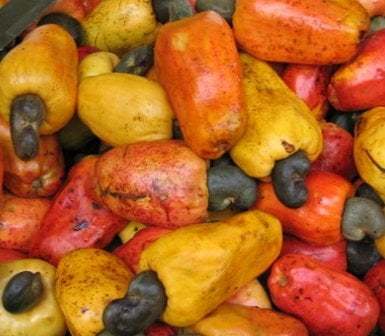What You Need To Know About Cashew Farming

What You Need To Know About Cashew Farming
By Abbah Christy
Cashews, the seeds of the Anacardium occidentale tree, are an important agricultural product in Nigeria, primarily cultivated in the Southwestern, Southeastern, and Middle Belt regions, providing numerous health advantages due to their abundance of nutrients.
Kogi State stands out as the top producer of cashew nuts in Nigeria.
Other notable states include:
Oyo (specifically the Ogbomosho area known for extensive cultivation)
Abia, Imo, Ondo, Osun, Ekiti, Nasarawa, Taraba, and the Federal Capital Territory (Abuja) also play important roles in cashew production.
Cashews flourish in tropical climates characterized by well-draining sandy or sandy loam soils, along with a clearly defined dry season, which makes savannah regions generally more suitable for their cultivation compared to dense forest areas.
Nutritional Advantages of Cashew Nuts
Cashews are packed with nutrients, rich in healthy fats, protein, fiber, vitamins, and minerals. Their health benefits include:
Cardiovascular Health: They contain monounsaturated and polyunsaturated fats that assist in controlling blood pressure and cholesterol levels, thereby lowering the risk of heart disease and stroke.
Antioxidant Benefits: Cashews are rich in antioxidants such as vitamin E, zeaxanthin, and proanthocyanidins, which protect the body from oxidative damage and may lessen the risk of certain chronic illnesses.
Boosted Immune Function: These nuts are packed with essential minerals like zinc and copper, crucial for a robust immune system.
Healthy Skin and Hair: Vitamins and antioxidants present in cashews nourish the skin and hair, promoting elasticity and combating oxidative stress.






